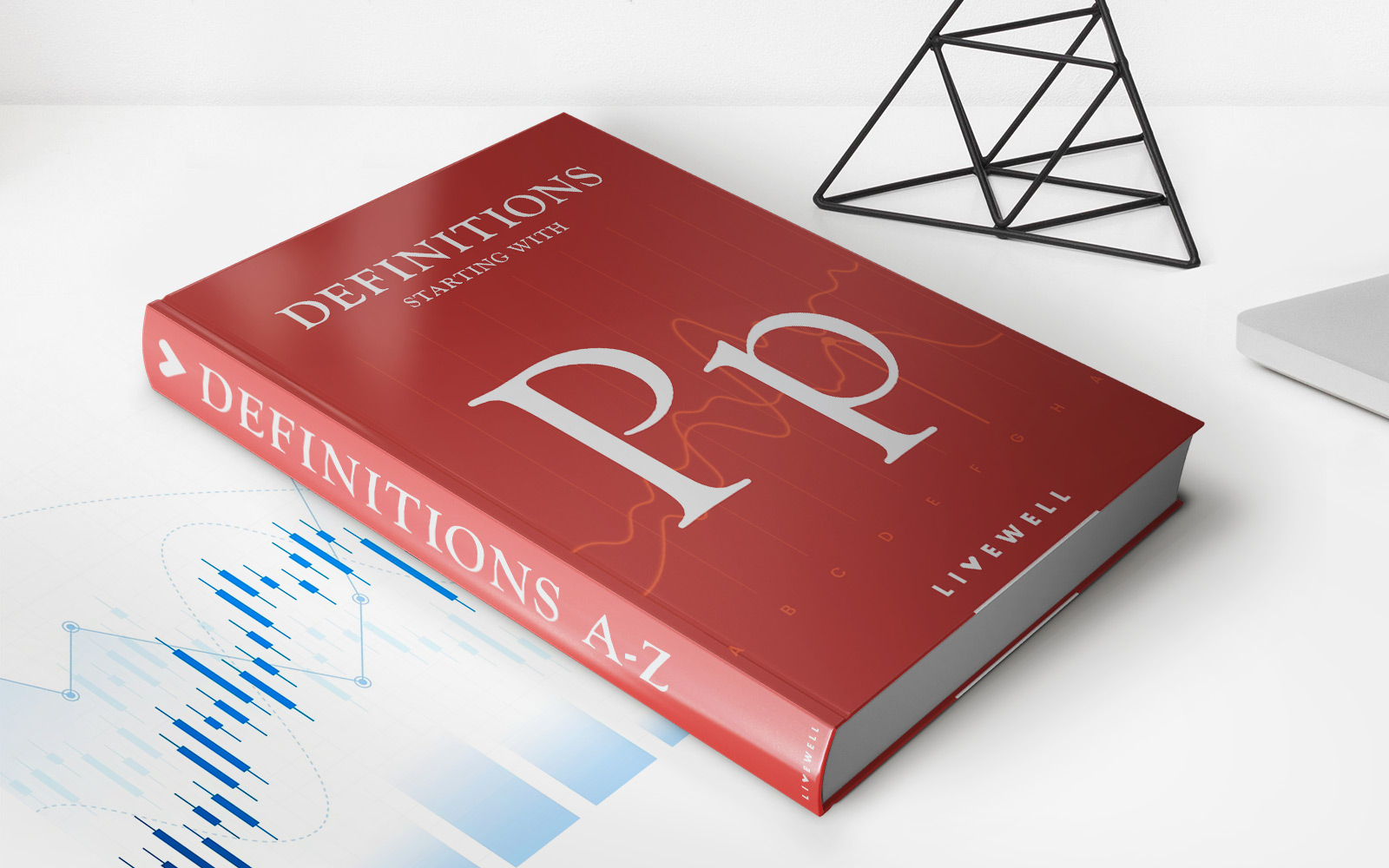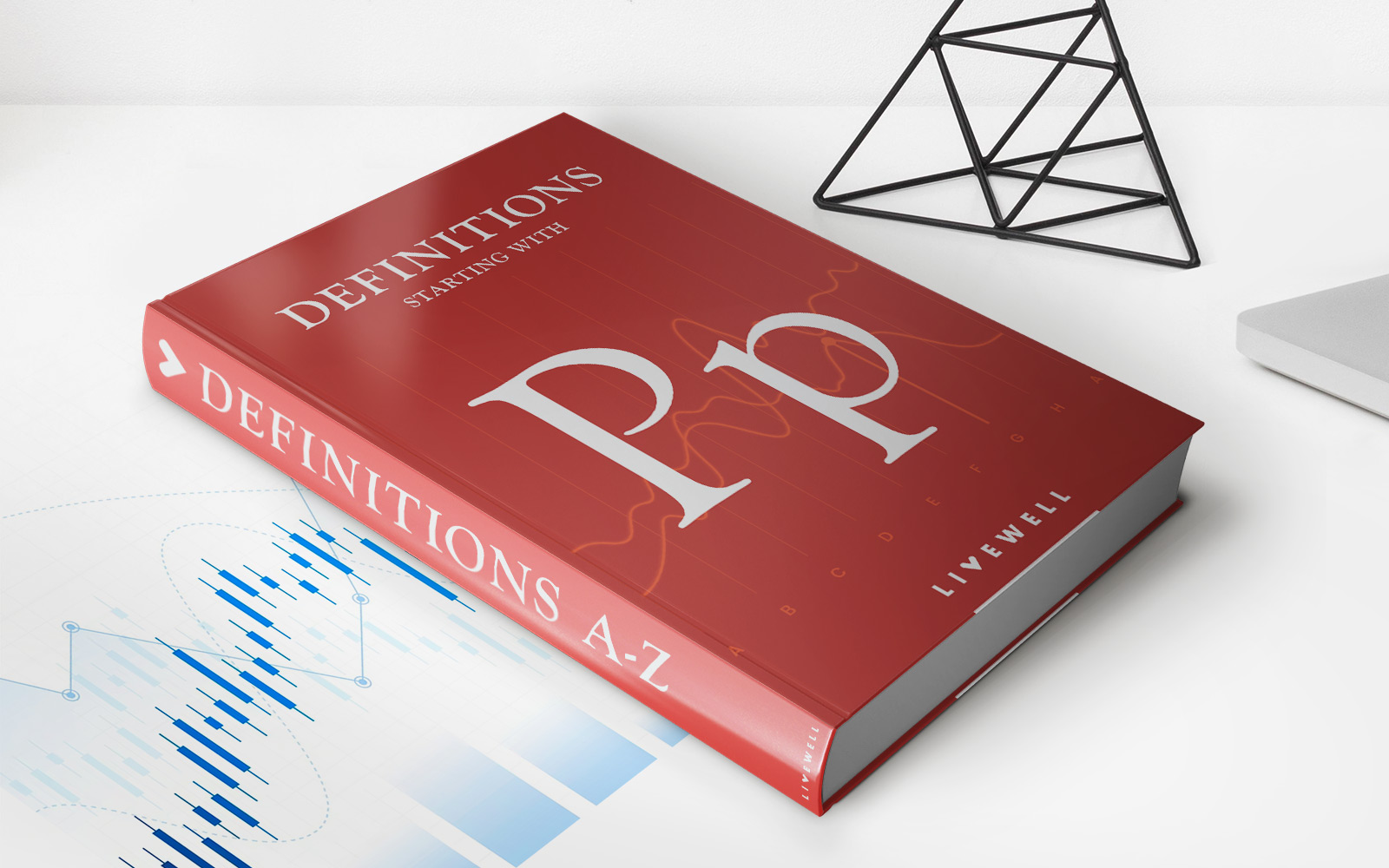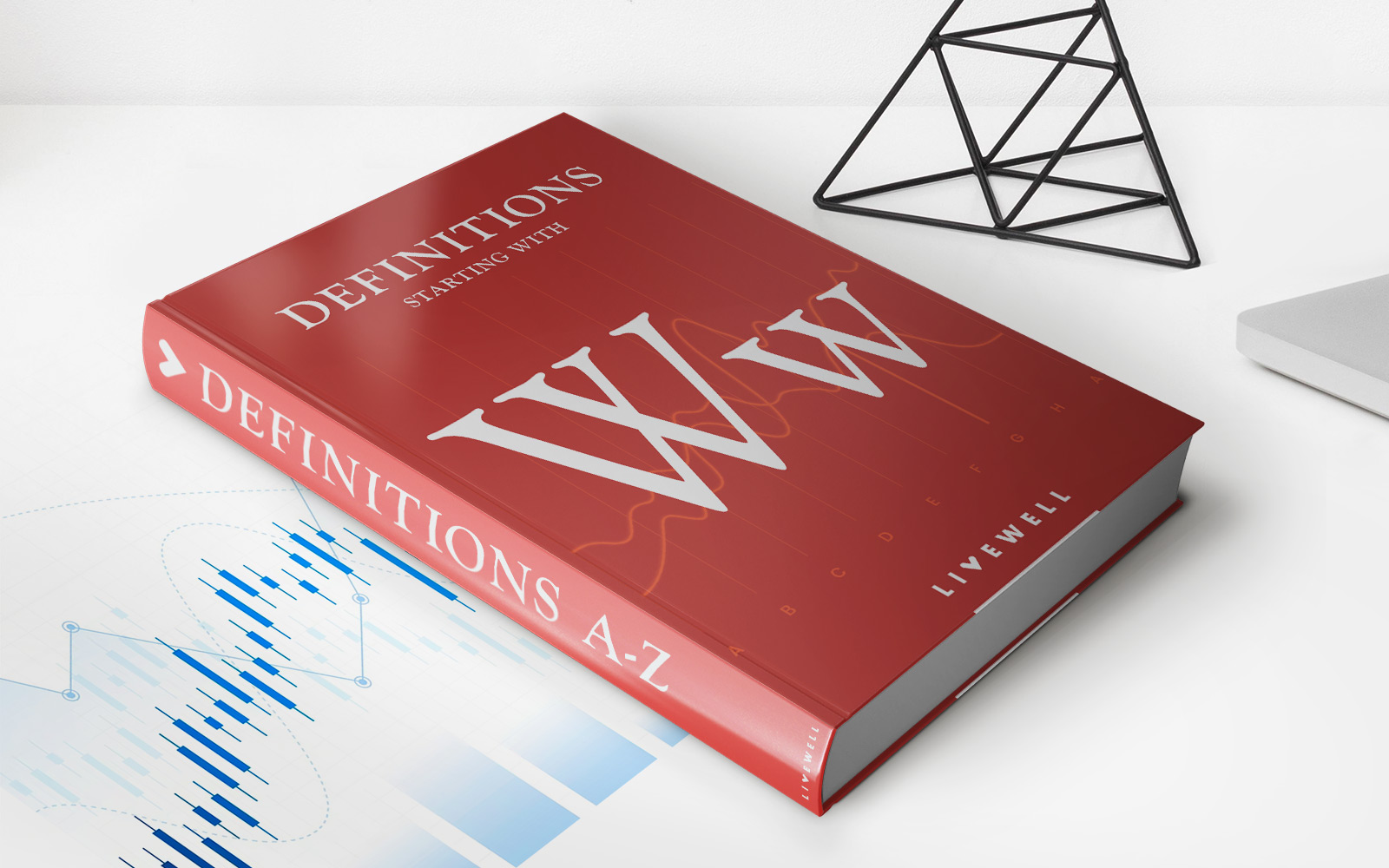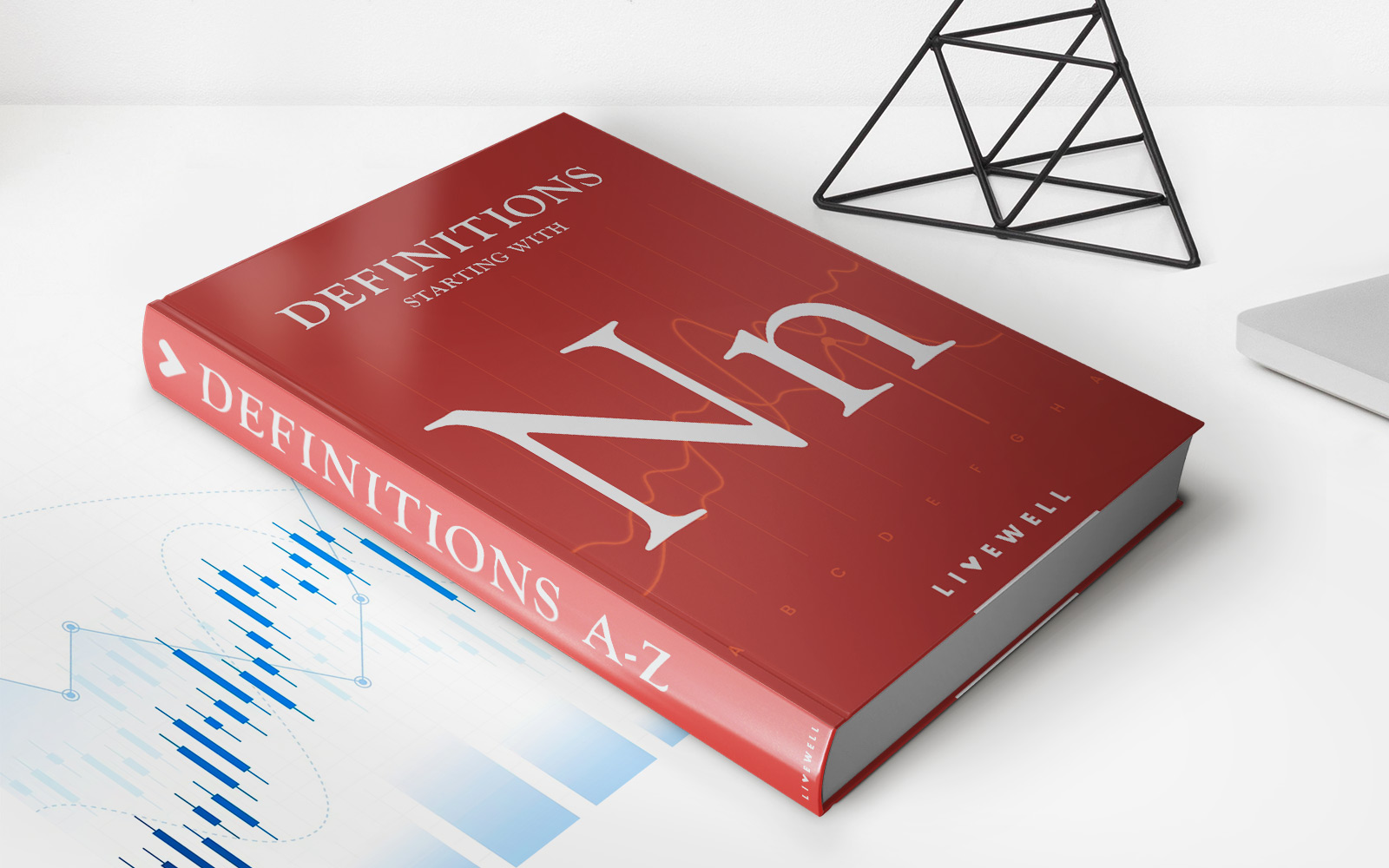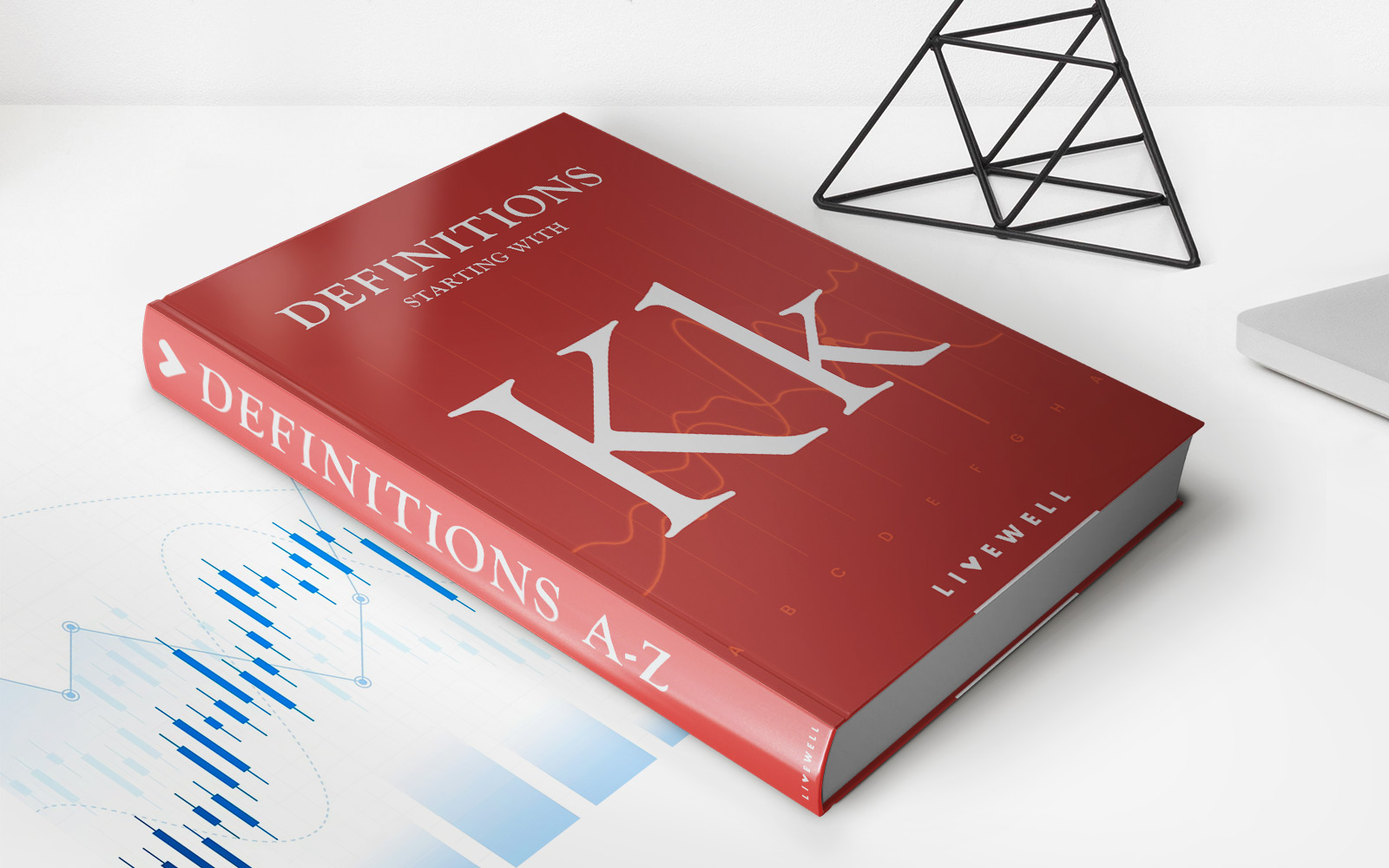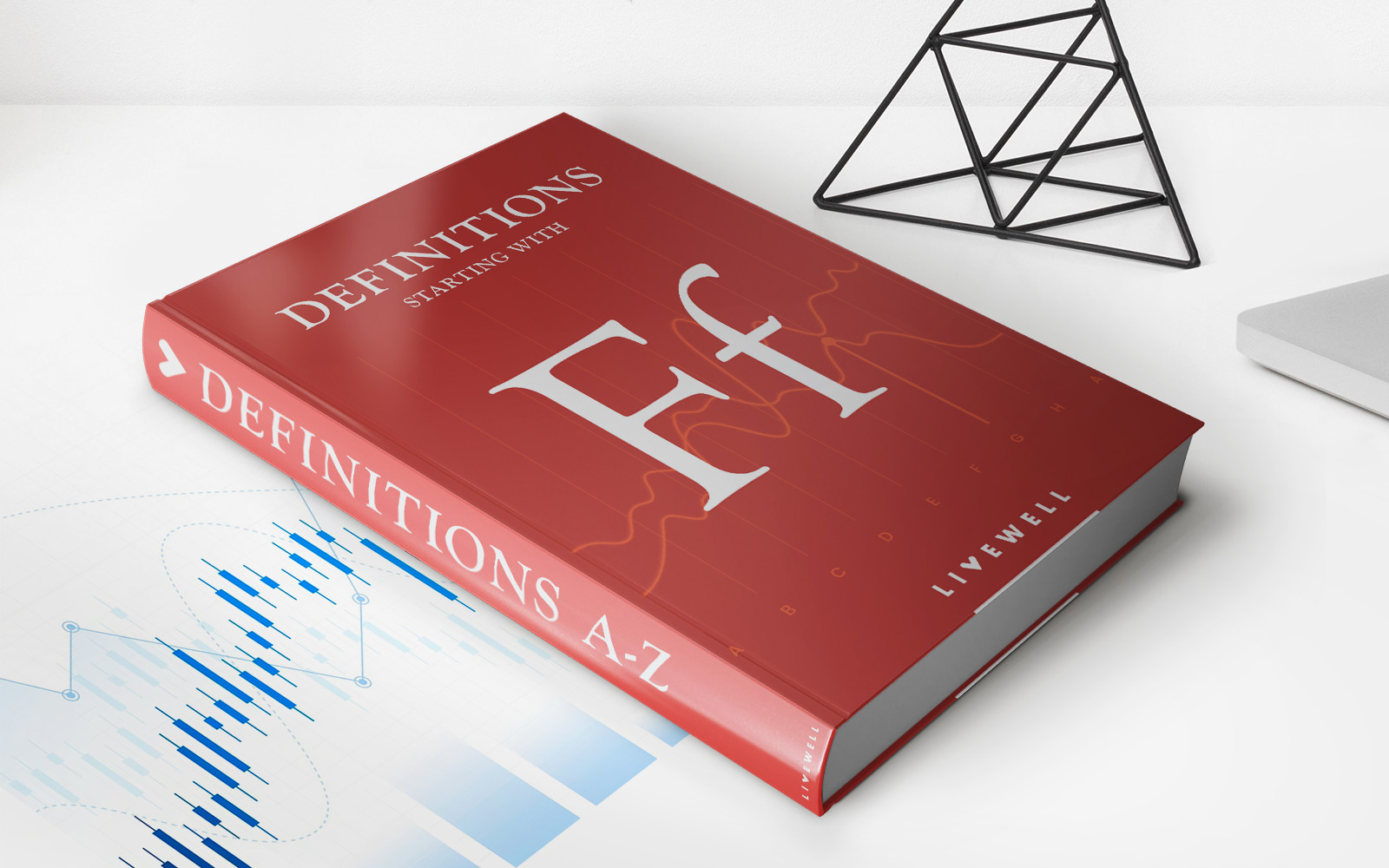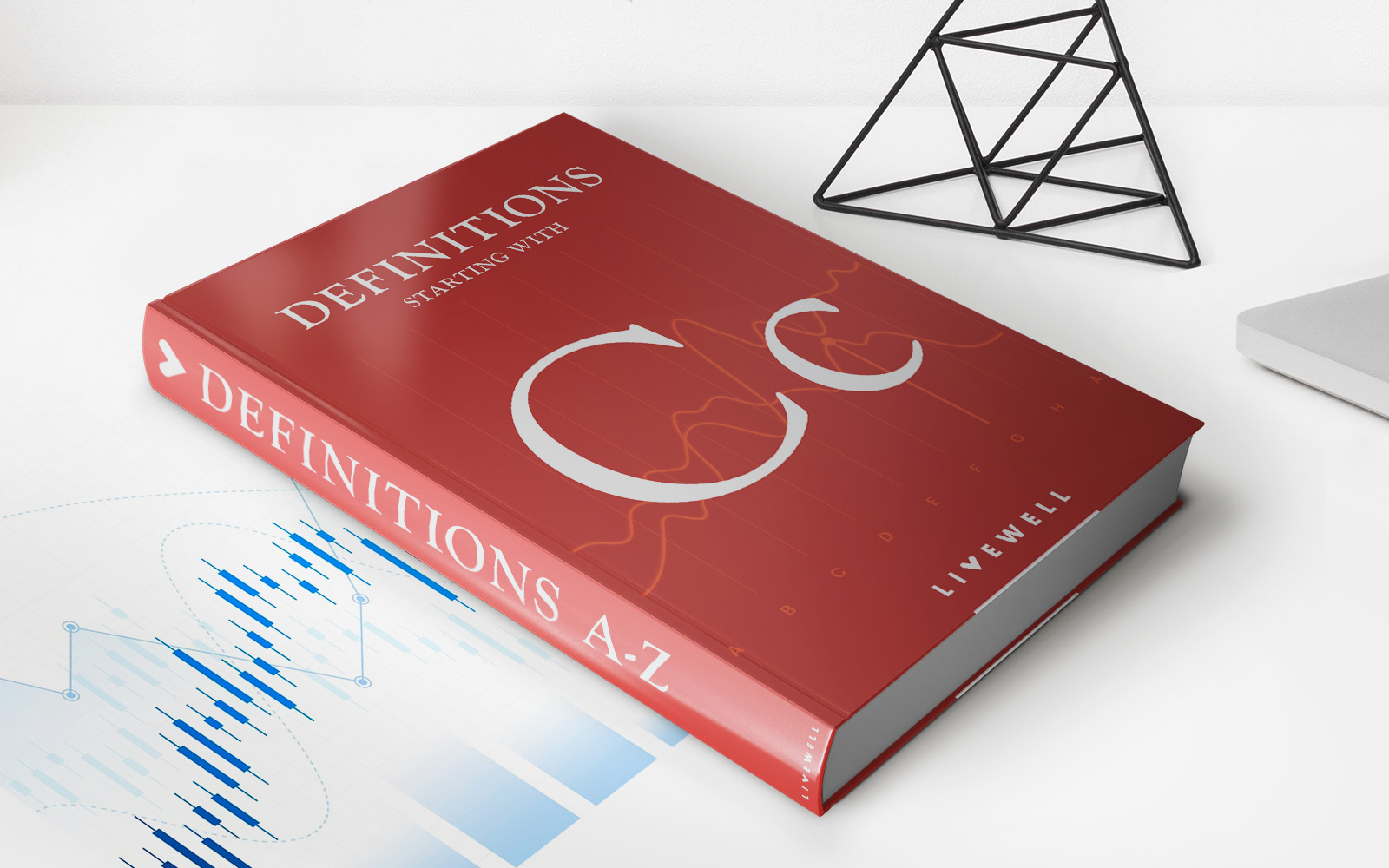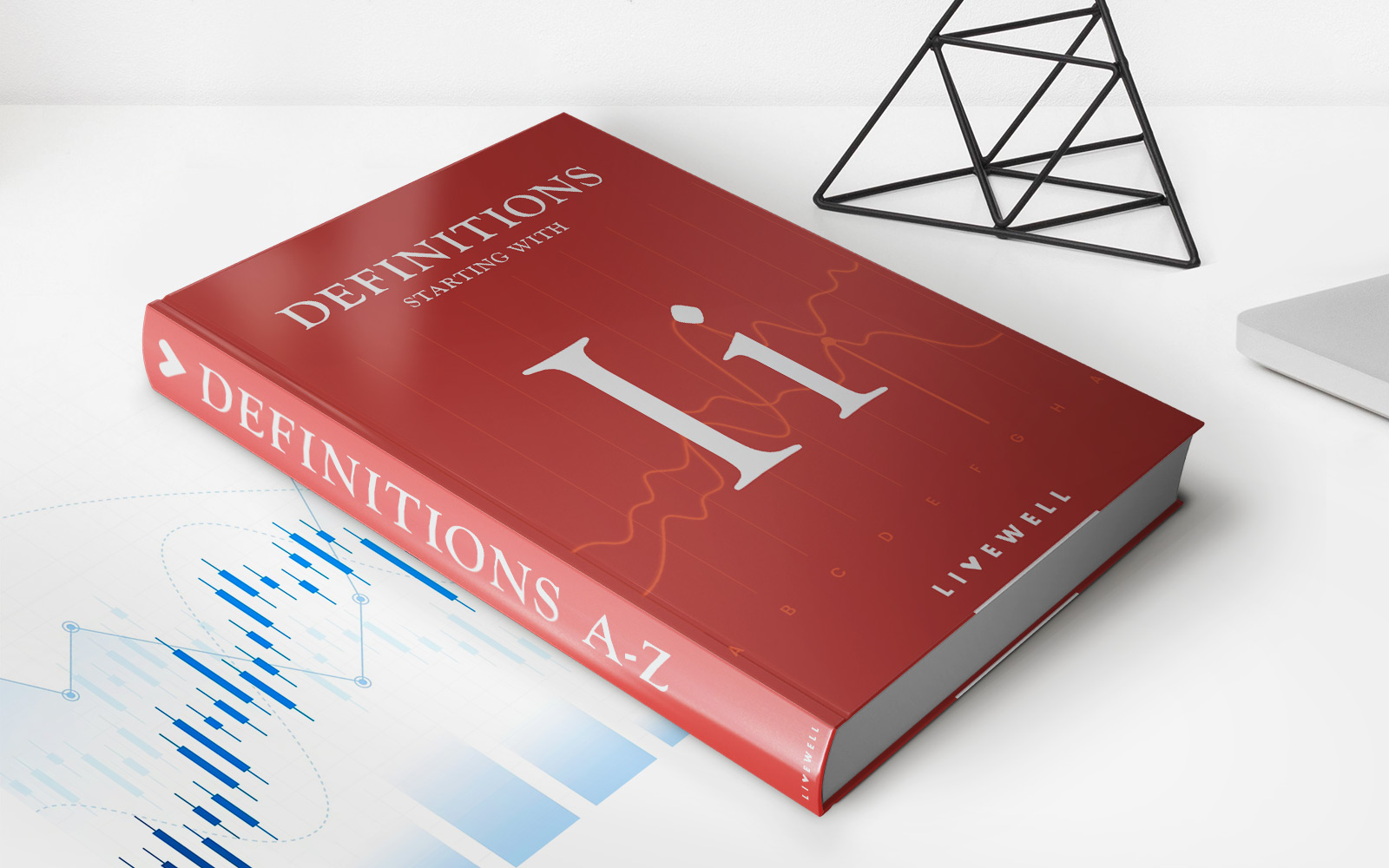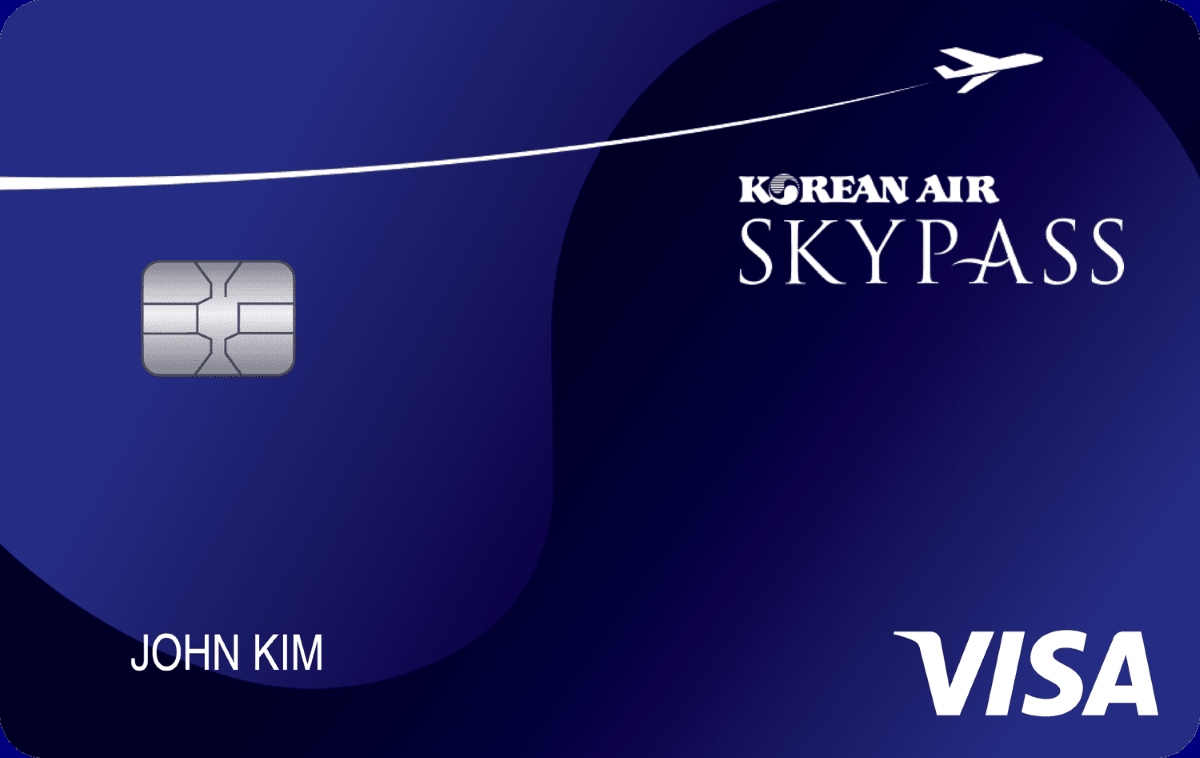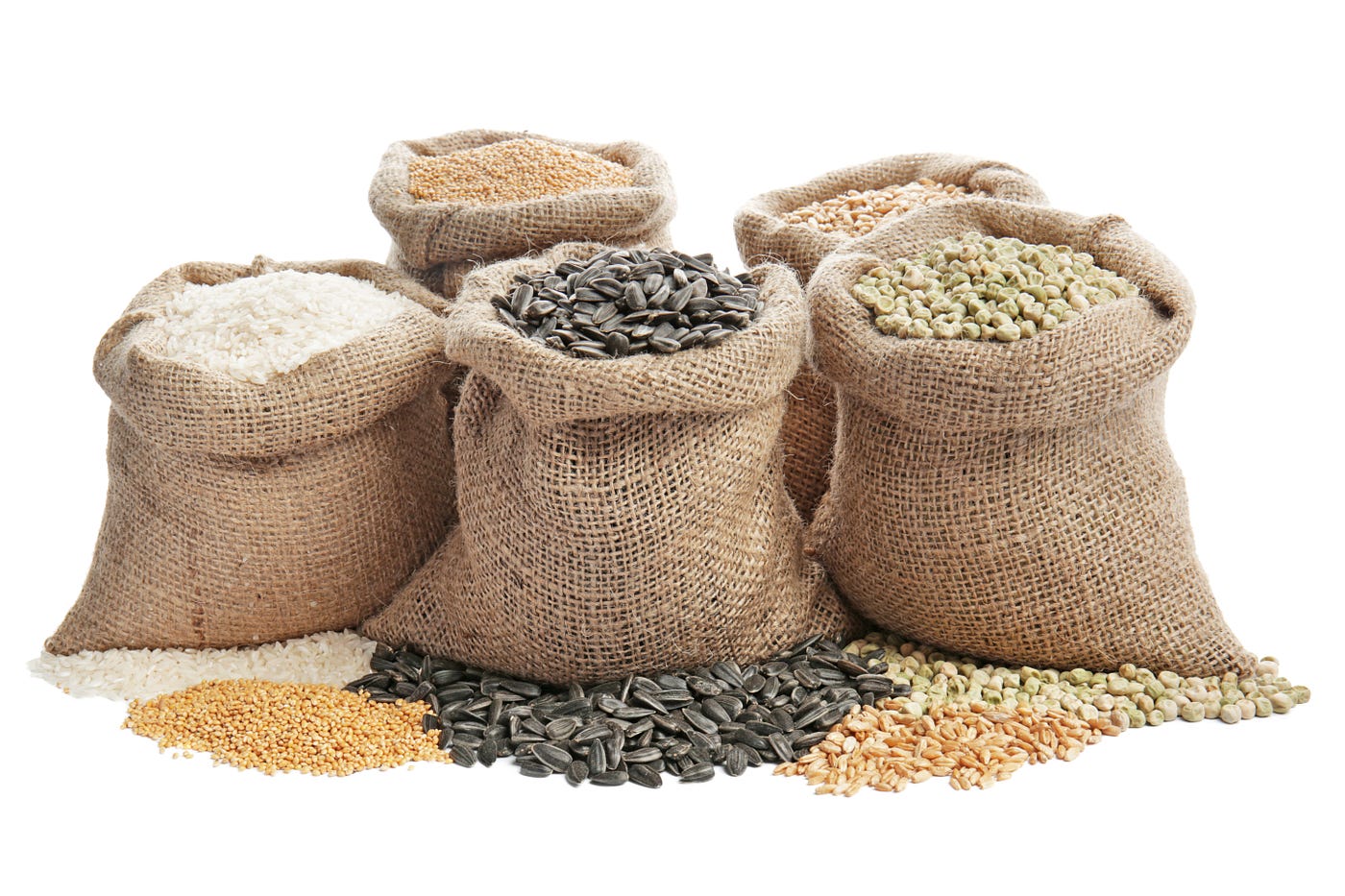Home>Finance>Political Economy Definition, History, And Applications
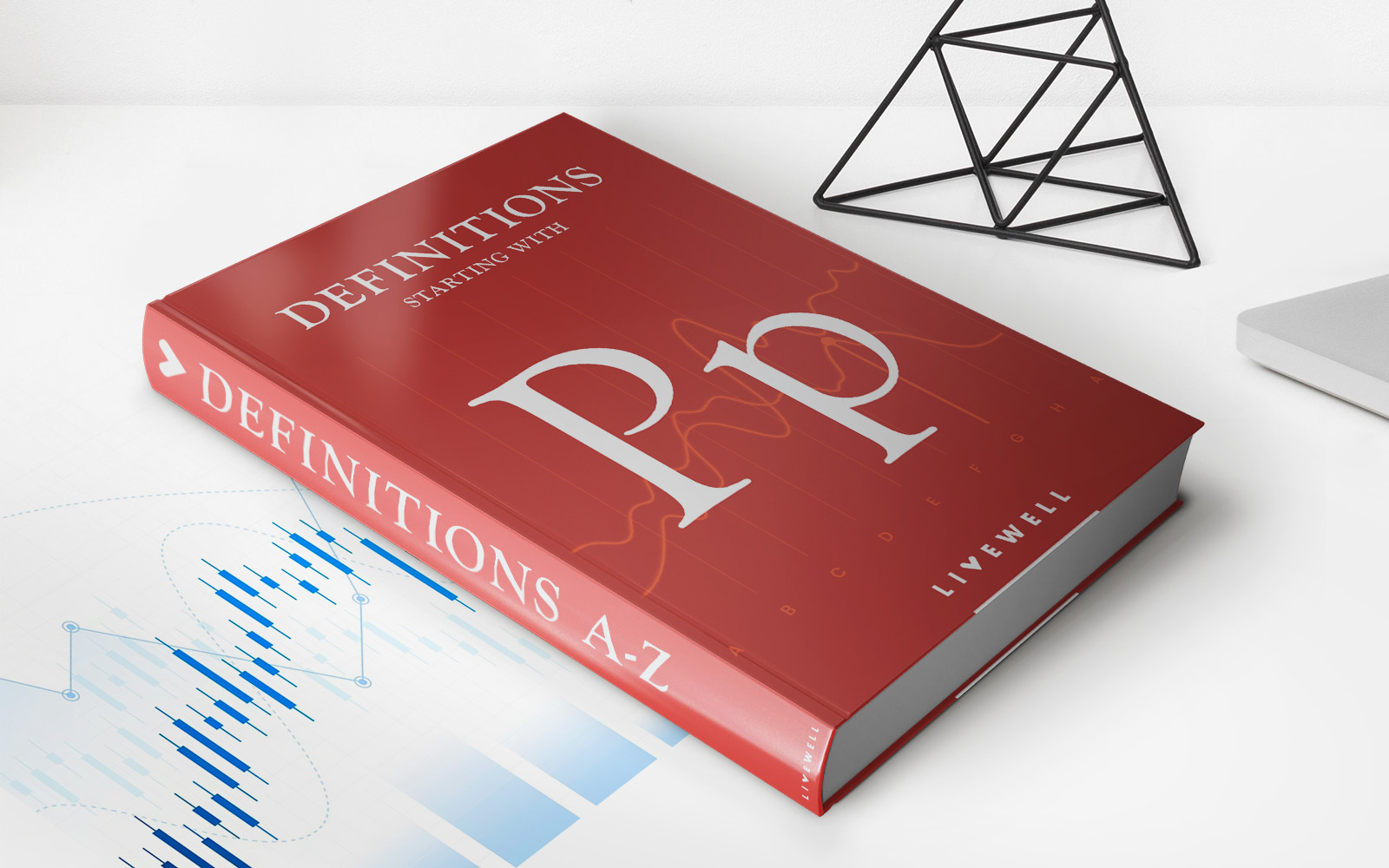

Finance
Political Economy Definition, History, And Applications
Published: January 9, 2024
Discover the definition, history, and applications of political economy in the world of finance. Explore the intricate relationship between politics and economics.
(Many of the links in this article redirect to a specific reviewed product. Your purchase of these products through affiliate links helps to generate commission for LiveWell, at no extra cost. Learn more)
Understanding Political Economy: Definition, History, and Applications
Welcome to our Finance category where we delve into various topics related to money, markets, and the economy. In this blog post, we will be exploring the fascinating field of Political Economy. What is it, how has it evolved over time, and what are its practical applications in today’s world? Join us as we unravel the intricacies of this interdisciplinary subject.
Key Takeaways:
- Political Economy is the study of how economic systems and political institutions interact.
- Understanding Political Economy helps us analyze and predict the impact of political decisions on the economy and vice versa.
So, what exactly is Political Economy? At its core, Political Economy is an interdisciplinary field that combines elements of economics, political science, sociology, and history. It seeks to understand the relationship between politics and economics and how these two forces shape and influence each other.
Now, let’s take a brief tour through the history of Political Economy:
History of Political Economy
The origins of Political Economy can be traced back to ancient civilizations such as Mesopotamia, Greece, and China, where scholars began examining economic systems and their impact on society. However, it was during the Enlightenment period in the 18th century that Political Economy began to take shape as a distinct field of study.
Key figures like Adam Smith, widely regarded as the father of modern economics, provided valuable insights into the relationship between individuals, markets, and the role of the state. His influential book, “The Wealth of Nations,” laid the foundations of what is now known as classical Political Economy.
Over time, the field expanded to incorporate various schools of thought, including neoclassical economics, Keynesian economics, and Marxist economics. These different approaches offer diverse perspectives on the role of government intervention, the distribution of wealth, and the functioning of markets.
Applications of Political Economy
Political Economy has numerous applications in both academia and the real world. By studying the interplay between politics and economics, we can gain valuable insights into various phenomena and make informed decisions. Here are some practical applications:
- Policy Analysis: Political Economy helps us evaluate the potential economic impact of policy decisions made by governments, such as taxation reforms, trade agreements, or regulatory changes.
- International Relations: It allows us to understand the dynamics between different countries, exploring how economic interests interact with political institutions on a global scale.
- Development Economics: Political Economy provides insights into the factors that influence economic development and helps analyze strategies for poverty reduction, resource allocation, and sustainable growth.
- Public Administration: Understanding Political Economy is crucial for policymakers and public administrators to develop effective policies and programs that align with economic objectives and societal demands.
In conclusion, Political Economy offers a unique lens through which we can understand the intricate relationship between politics and economics. By studying its history and applications, we can better navigate the complex challenges and opportunities that arise in today’s ever-changing world. So whether you’re an aspiring economist or simply interested in how political decisions shape our economic landscape, dive into the world of Political Economy and unlock new perspectives.

